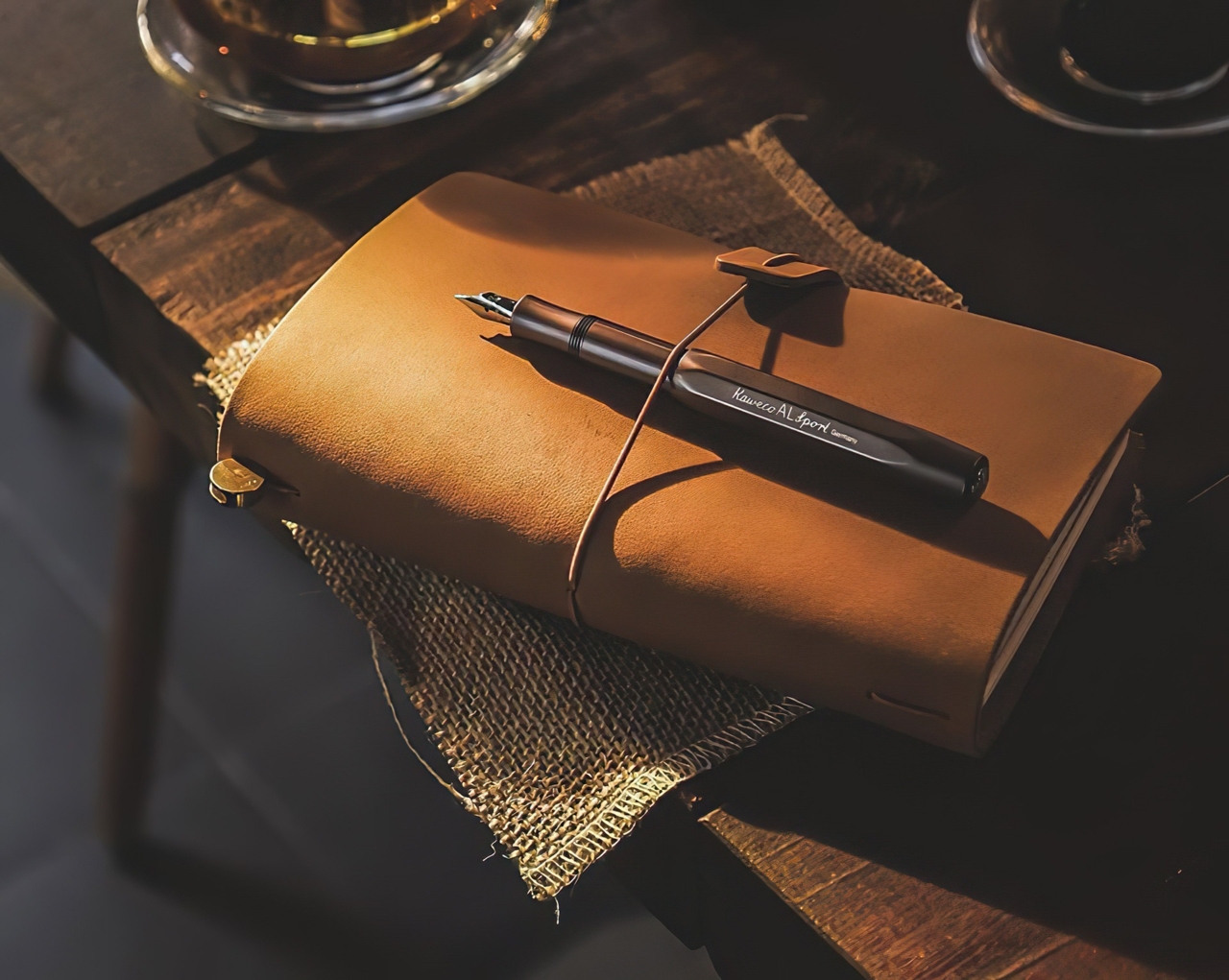
Market Information
Since the announcement of “Saudi Vision 2030” in 2016, the country has been undergoing economic and social change. The vision aims to diversify the Saudi economy and reduce the country's dependence on oil. This offers foreign investors many opportunities, e.g. as suppliers or service providers.
Here you can find more information about the Saudi economy, the most important sectors, population and culture



